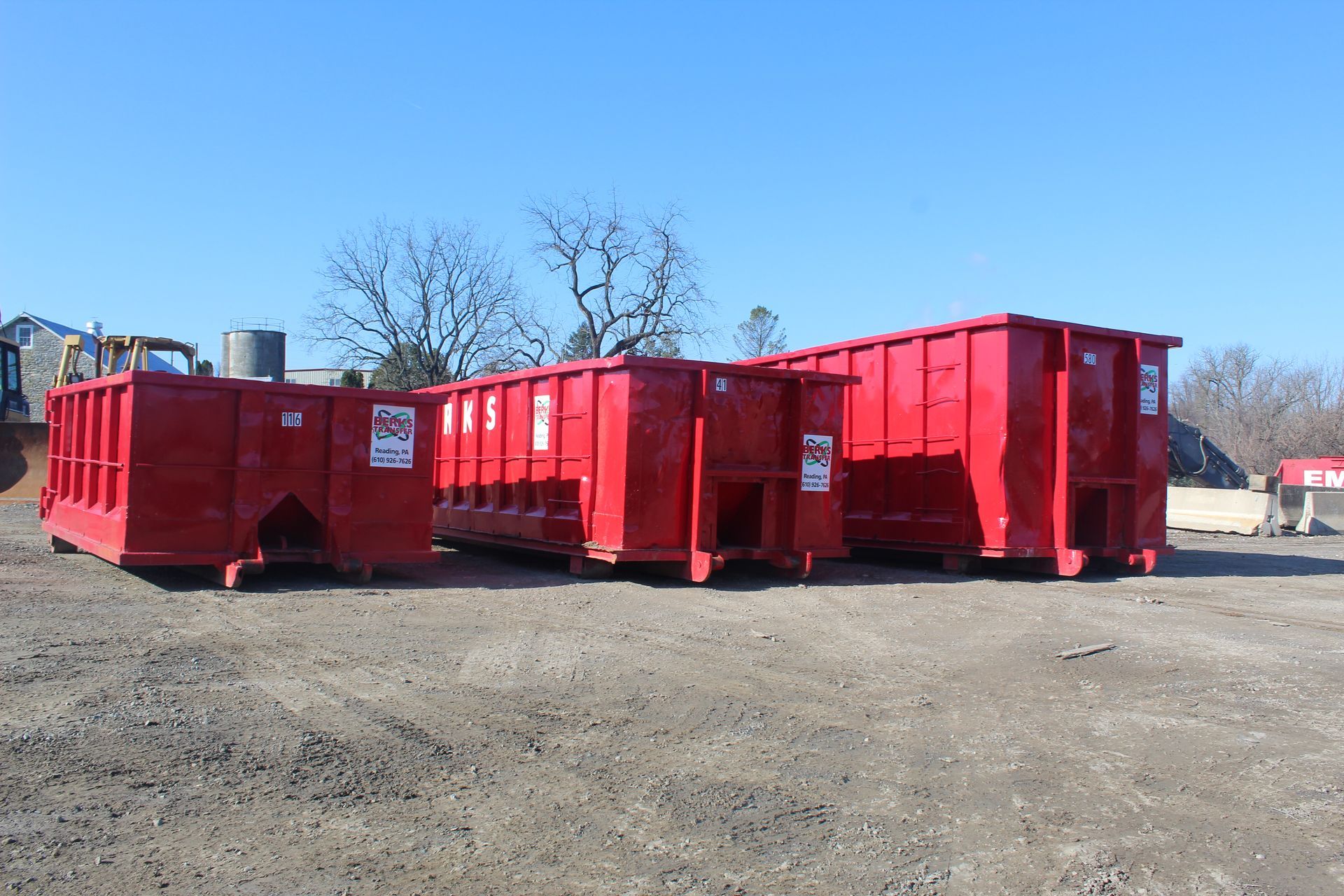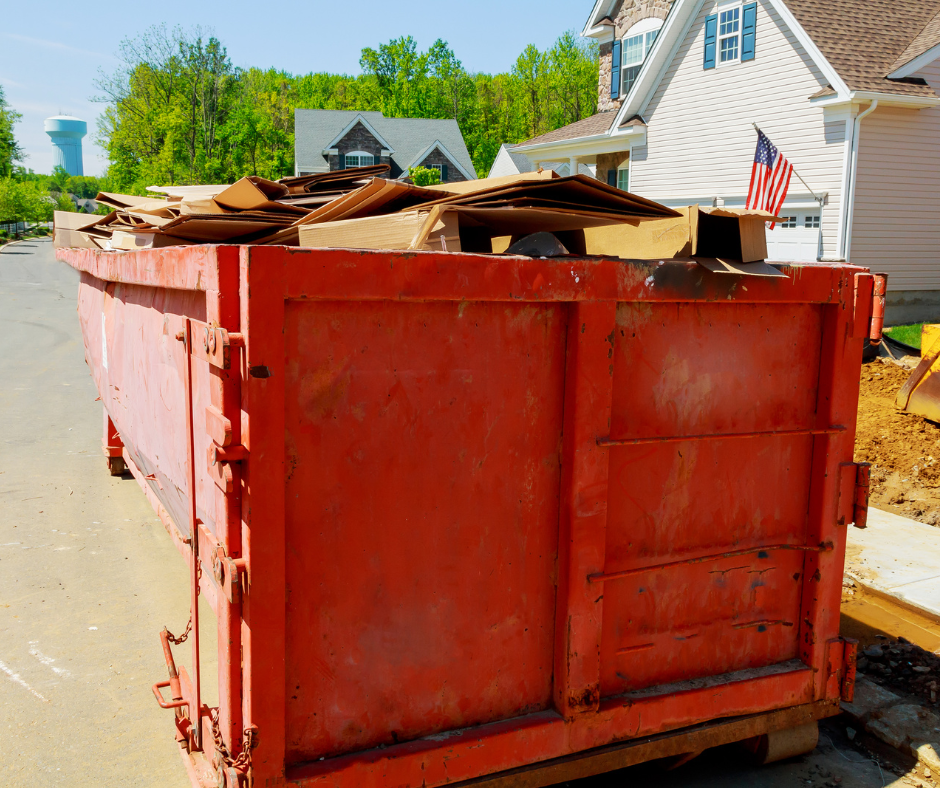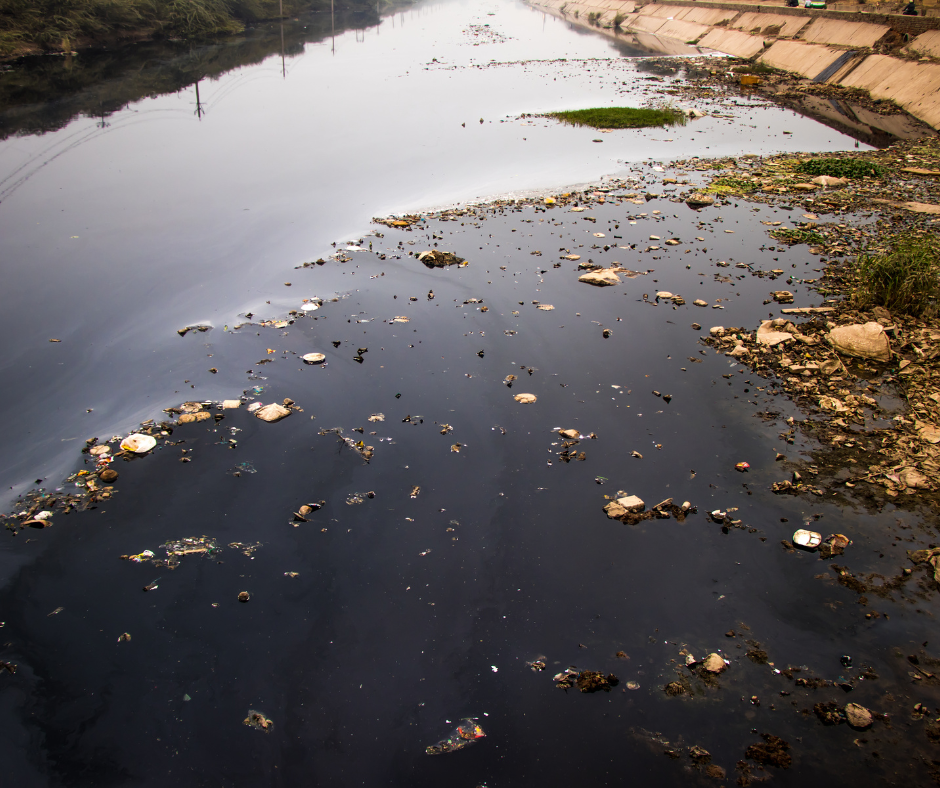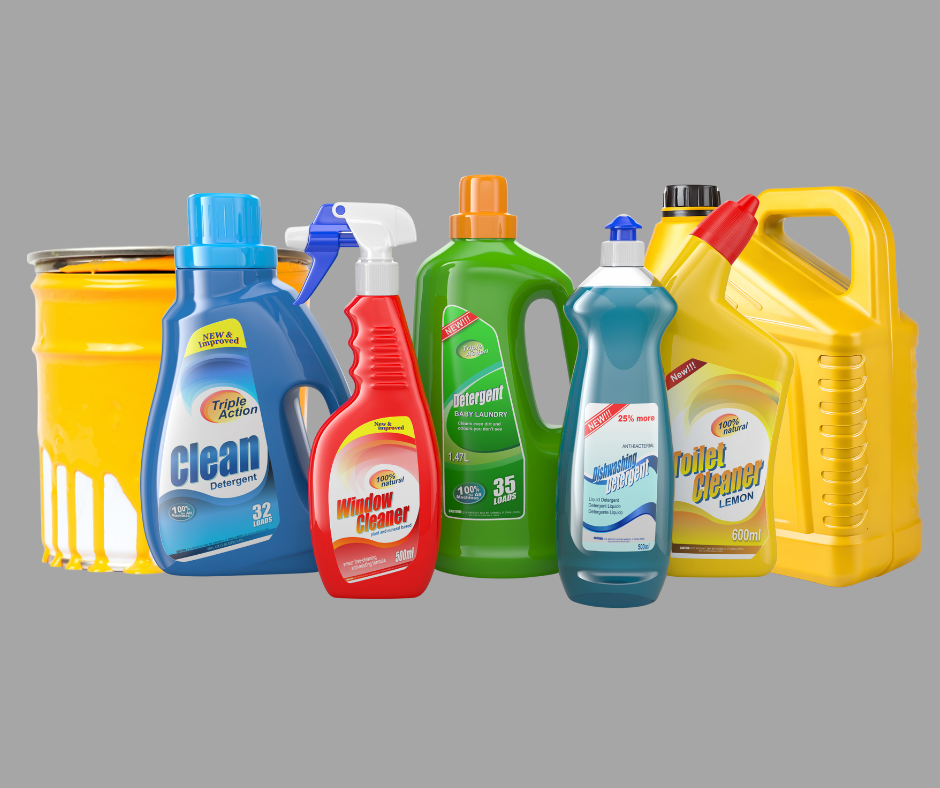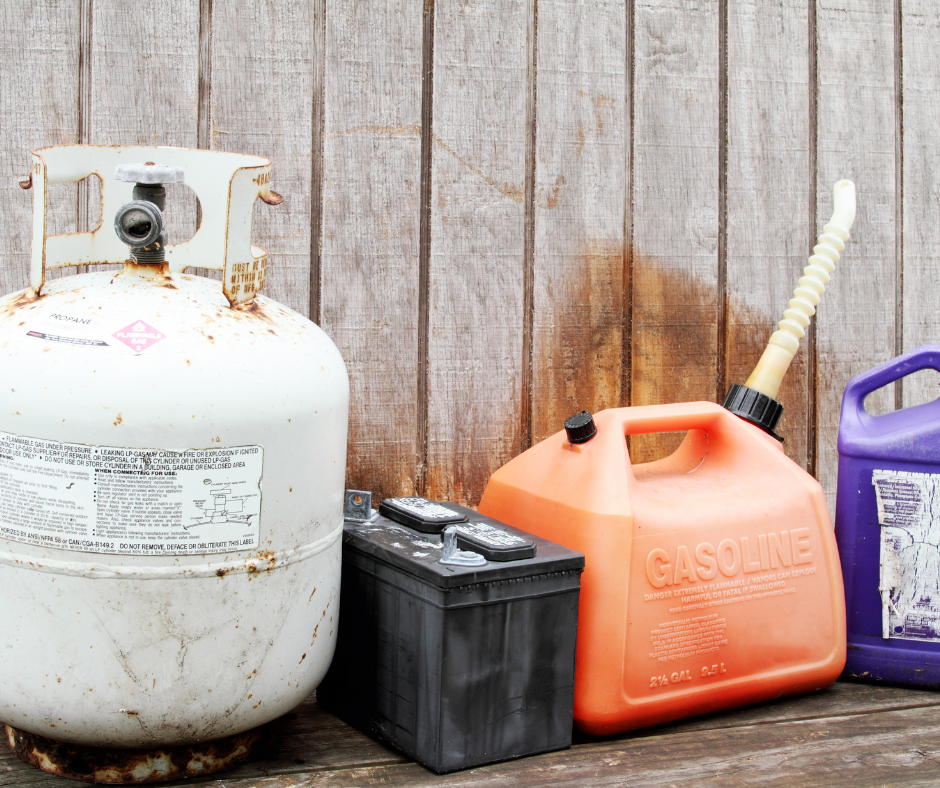Does it shock anyone that the U.S. generates more waste per person than any nation on earth? No? We are. In fact, the U.S. is the most wasteful country on the planet. According to a report provided by the Natural Resources Defense Council, the U.S. accounts for only 4% of the world’s population, yet generates 12% of the planet’s municipal solid waste. American consumers produce nearly a ton of trash every year.
Consumerism sounds oddly like a religion; but it’s our culture. It’s all about convenience. Order online. Get it in a box on the front door-step. If it doesn’t arrive in a box, it comes in a bag; often with bubble wrap or packing materials. Lots and lots of waste and much of it is non-recyclable. The process repeats and repeats throughout the year, all across the country. Even packaging that is recyclable ends up being thrown away in regular trash disposal versus being sent to any recycling processor.
The NRDC (Natural Resources Defense Council, founded in 1970 by a group of law students and attorneys focused on the environmental movement, describes the problem as a global one. The research firm providing data to NRDC, Verisk Maplecroft, cited “2.1 billion tons of municipal solid waste” produced annually, which predominately comes from highly developed countries like the U.S. and Europe.
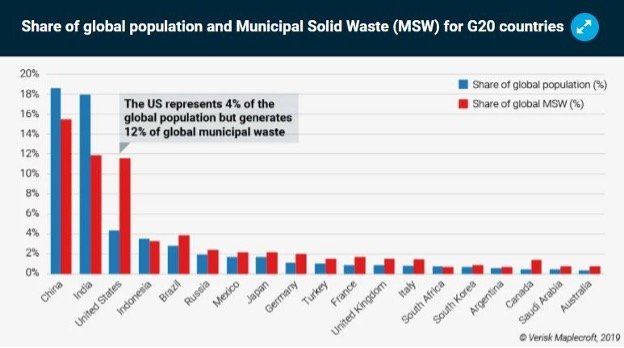
A recent article, by Lauren Leibhaber Stacker, titled: “What 60 Year of Data Tell Us About Our Garbage Habits” explains:
Trash generation in the U.S. has significant global implications. As a byproduct of the 2020 Trade Wars, China
is no longer buying and importing America’s trash for recycling….China was importing an average of 429 shipping containers from the U.S. each day full of plastic alone. When you factor in other types of trash sent overseas, the number of containers jumps to 4,000 daily….America’s trash continues to be exported overseas to Africa and Asia, but now to countries less capable of recycling or disposing of this waste in environmentally conscious ways. It is estimated that 51% of these exports are mismanaged, ending up in oceans, rivers, country sides, and other natural resources.
Waste management needs to be a priority. Governance at the municipal and state-level will allow for true environmental management and sustainable practice success. Focus also needs to be placed on commercial entities to assign financial responsibility equal to the amount of waste they produce. Want to learn more? Check out https://www.npr.org/2020/09/11/897692090/how-big-oil-misled-the-public-into-believing-plastic-would-be-recycled.
